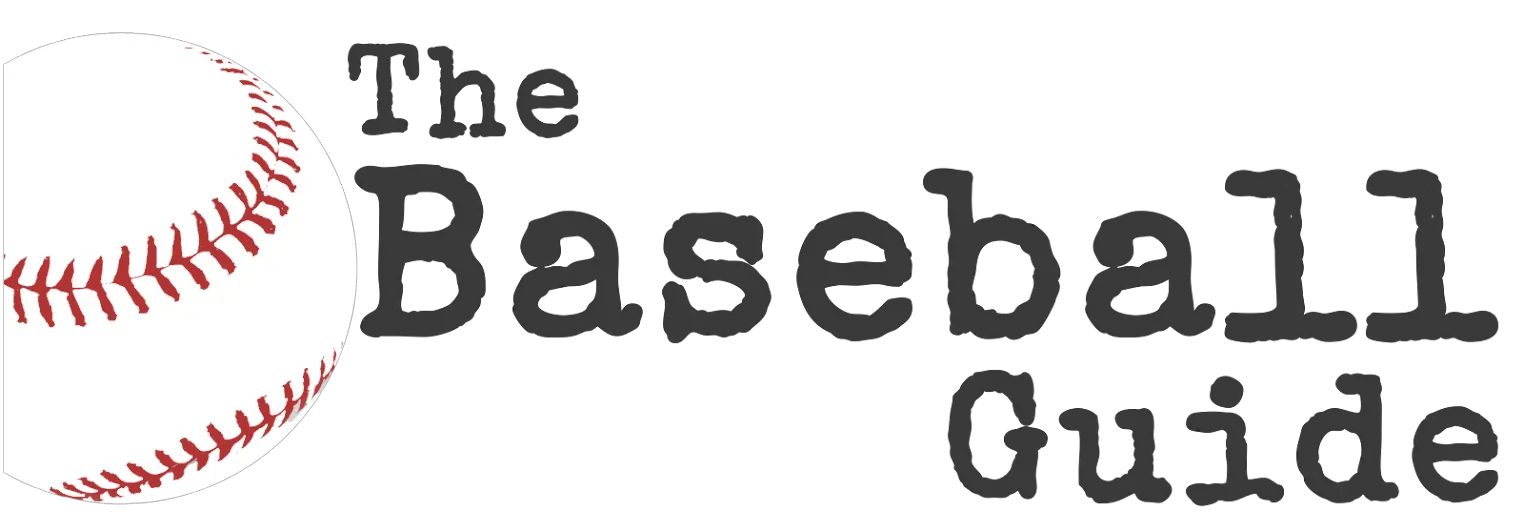Alright, so you’ve been watching some baseball and you’ve heard the term “safe” being thrown around, but you’re not quite sure what it means?
No worries, mate! Let’s break it down together.
In the game of baseball, “safe” is a term that holds significant importance—it changes the flow of the game and can be the difference between a win or loss.
So buckle up, because we’re about to dive into the nitty-gritty of what “safe” really means in baseball.
What is safe in baseball?
In baseball, “safe” refers to the status of a baserunner who successfully reaches a base without being put out by fielders’ actions such as tags. While touching a base, the runner is not in jeopardy of being put out. The runner loses the “safe” status when ceasing to touch the base, being forced to reach another base, having interference, or when two runners are on the same base.
How do umpires signal a runner is safe?
Umpires signal that a runner is safe through specific visual and verbal cues. Visually, the primary signal is extending their arms to the sides, indicating that the runner has successfully reached the base without being put out. This gesture signifies a “safe” call.
For emphasis, an umpire may go beyond a simple extension of the arms and fully cross and extend them several times. This additional motion reinforces the determination of the runner being safe, especially in close or critical plays.
In addition to the visual signals, umpires also use verbal communication to convey the “safe” call. The umpire will audibly say “safe” to communicate to players, coaches, and spectators that the runner has reached the base without being tagged out.
It’s worth noting that in situations where there’s a close play or a potential for confusion, umpires might provide additional information to clarify the “safe” call. For instance, they may say, “he dropped the ball” or “he missed the tag,” offering insights into the reasons behind the decision. This helps maintain transparency and understanding on the field.
Why is calling “safe” a subjective decision for umpires?
Calling “safe” is a subjective decision for umpires because it involves interpretation and judgment rather than an objective, concrete measurement. Umpires must assess various factors, such as the timing of the runner reaching the base, the fielder’s actions, and the position of the ball. Unlike certain objective calls, like whether a pitch is within the strike zone, determining whether a runner is safe is influenced by the umpire’s perception and interpretation of the play.
The decision often hinges on split-second observations and may involve subtle nuances that are challenging to standardize. Umpires need to consider factors like the sound of the runner hitting the bag, the fielder catching the ball, and other elements that may not be easily discernible to everyone on the field or in the stands. This subjective nature of the call adds an element of human judgment to the game, making it essential for umpires to rely on their experience and instincts while considering the context of each play.
Conclusion
The concept of being “safe” in baseball holds pivotal significance, representing the successful navigation of a baserunner amidst the challenges posed by fielders. Whether it’s avoiding tags, maintaining contact with a base, or adhering to rules governing entitlement, the determination of safety is subject to the umpire’s judgment. The combination of visual signals and verbal affirmations, along with the inherent subjectivity of the decision, adds a human element to the game. As players strive for the elusive state of being “safe,” the umpire’s role in officiating these moments remains a crucial and integral aspect of the sport, shaping the narrative of each play on the field.
